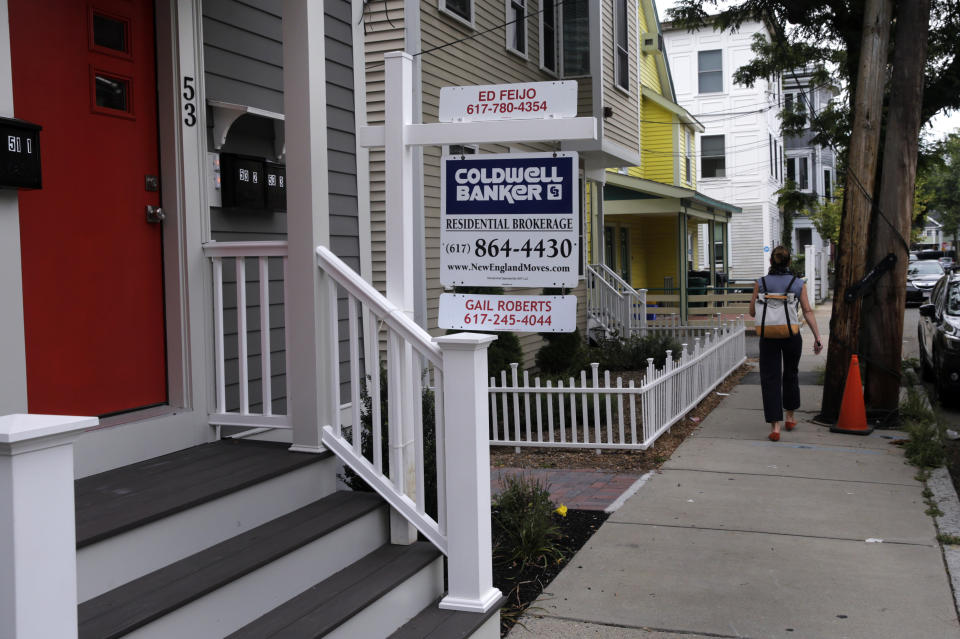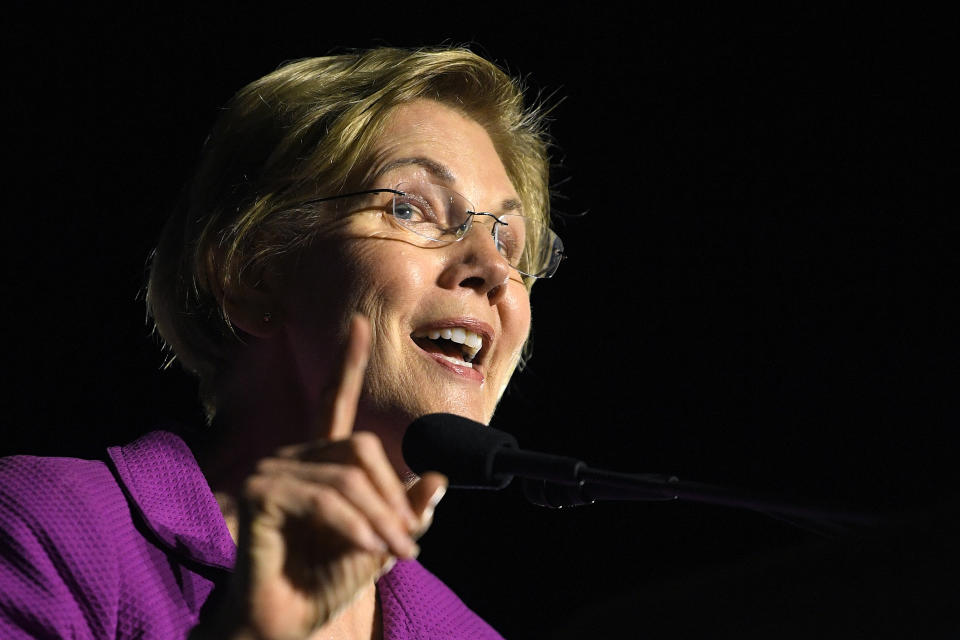Here’s how borrowers are missing out on mortgage, auto payment relief during coronavirus
The coronavirus is wreaking havoc on household balance sheets that were fragile to begin with. During the first quarter of 2020, U.S. households accumulated $155 billion in debt, just as the full impact of the business shutdowns and layoffs was starting to take effect.
With more than 30 million people out of work in just six weeks, more than half of Americans are concerned about their ability to make their mortgage and auto payments over the next three months, according to a new Bankrate survey.
Among mortgage borrowers concerned about being unable to keep up with payments, 17% are very concerned, 18% are somewhat concerned, and 20% are slightly concerned, according to the survey. Auto borrowers shared similar concerns: 15% are very concerned, 20% are somewhat concerned, and 19% are slightly concerned. (Bankrate surveyed 4,026 people.)

Surprisingly, despite having elevated levels of concern about paying debt, 3 in 5 people have not asked their lenders for payment relief.
Concerned borrowers who did not reach out to their lenders did so for numerous reasons. Some didn’t know they could ask for relief, others were planning to but hadn’t gotten around to it yet, while others thought their lender would contact them, according to Bankrate.
The CARES Act provides federally backed mortgage relief for borrowers. Since March 18, lenders have been prohibited from initiating foreclosures for 60 days. Borrowers impacted by the coronavirus may request a forbearance for up to 180 days. If their financial circumstances don’t improve after this period, they can request a forbearance extension for an additional 180 days.
In letters sent to banks, Democratic lawmakers, including Senators Elizabeth Warren (D-MA) and Sherrod Brown (D-OH), urged JP Morgan Chase, Bank of America, Wells Fargo, and other lenders to notify customers of their CARES Act forbearance protections.
“The onus is on the borrower to reach out to their lender and advise them of their situation and seek payment relief,” says Bankrate.com chief financial analyst Greg McBride. "The borrower has to take the first step and raise their hand. It’s not going to come find you.”
Nearly half of borrowers were granted payment relief after they contacted their lenders and about a quarter of borrowers were rejected, according to Bankrate.

Millennials have shown some skill in managing their financial hardships, compared to other demographics. While millennials are most concerned about falling behind on their payments, they were also most likely to contact lenders to get payment relief, according to the survey.
According to the Mortgage Bankers Association, 3.8 million homeowners are currently enrolled in forbearance plans as of April 26, an increase from the prior week.
Rent payments have also been a challenge for many Americans. A third of renters failed to pay their April rent on time, a 19% increase from March, according to the National Multifamily Housing Council.
More from Sibile:
Why Alaska Gov. Mike Dunleavy made potentially deadly gamble to jumpstart his state’s economy
Coronavirus economic calculus: ‘How many lives will we lose in doing this?’
Up to 13 million people unable to collect unemployment. Here’s why
Coronavirus retail shift helps laid off Americans find work: report
Small-business owner describes frustrating PPP experience with longtime banker JP Morgan Chase

 Yahoo Finance
Yahoo Finance 
